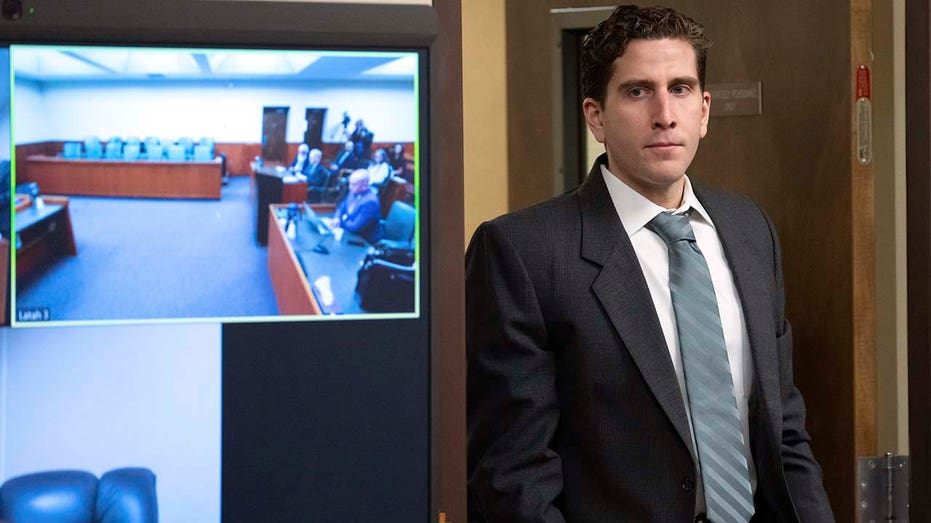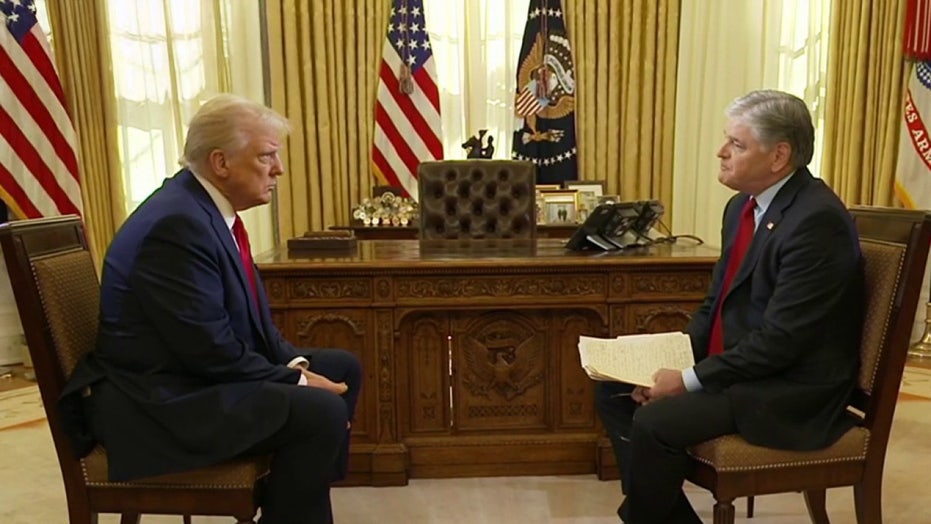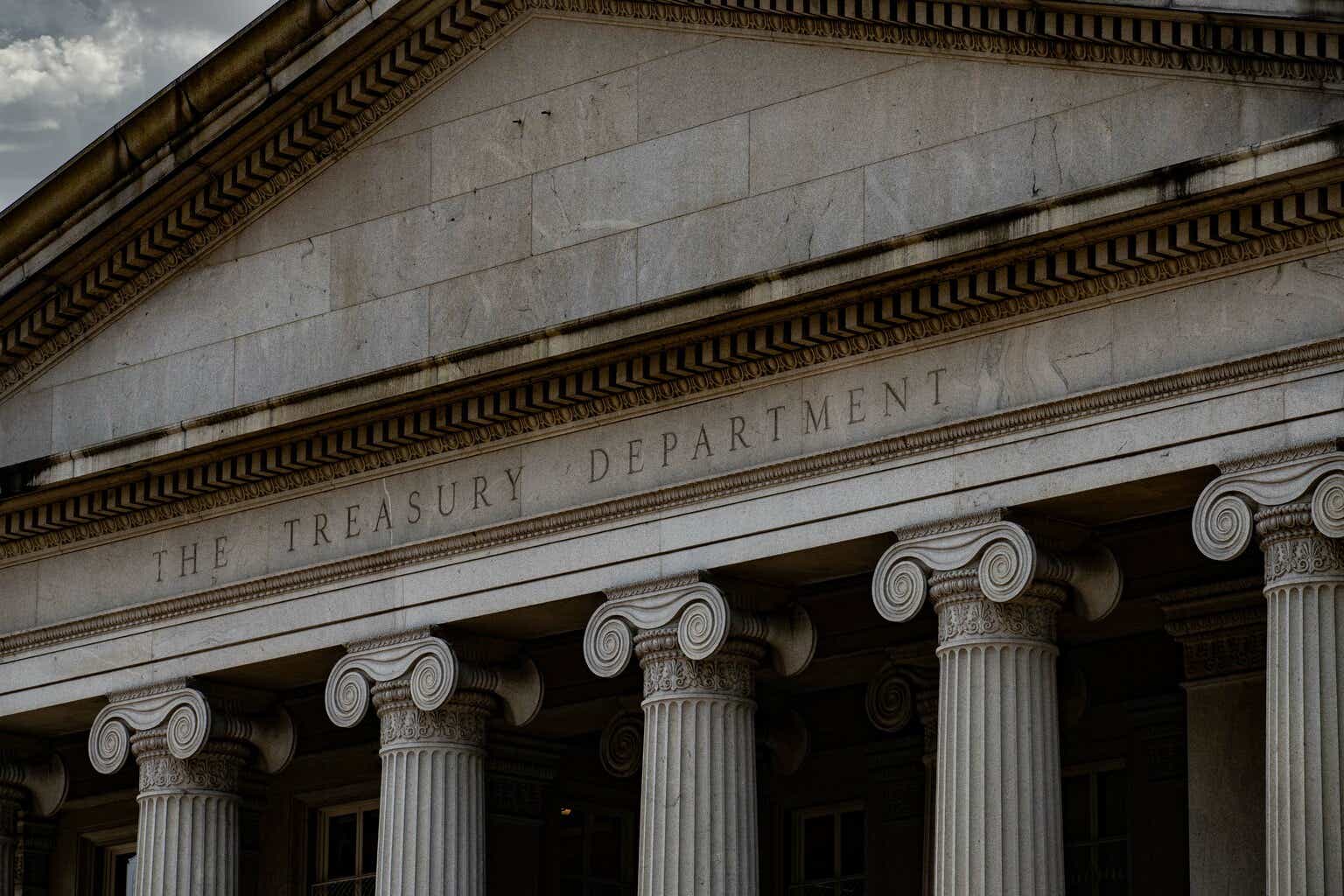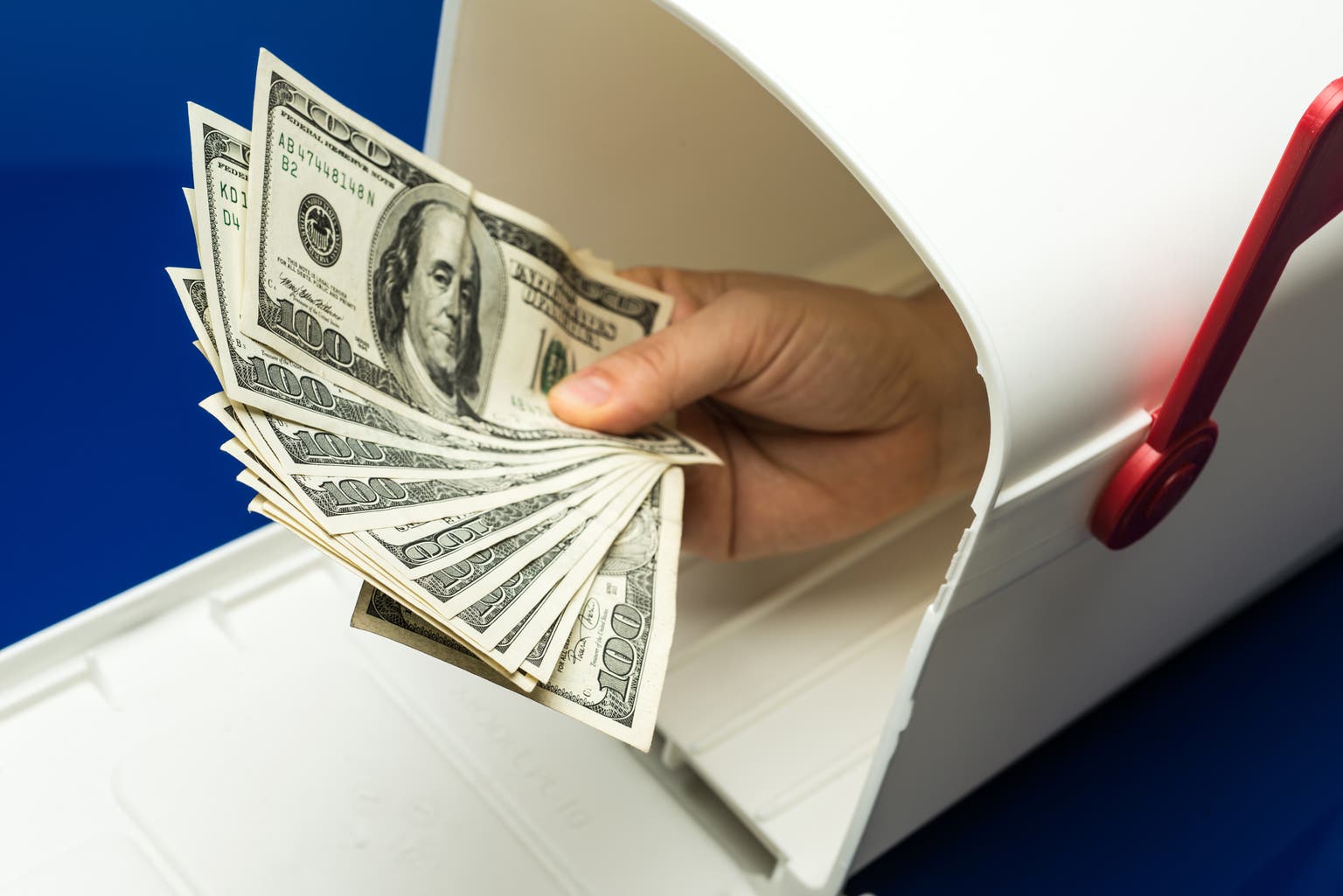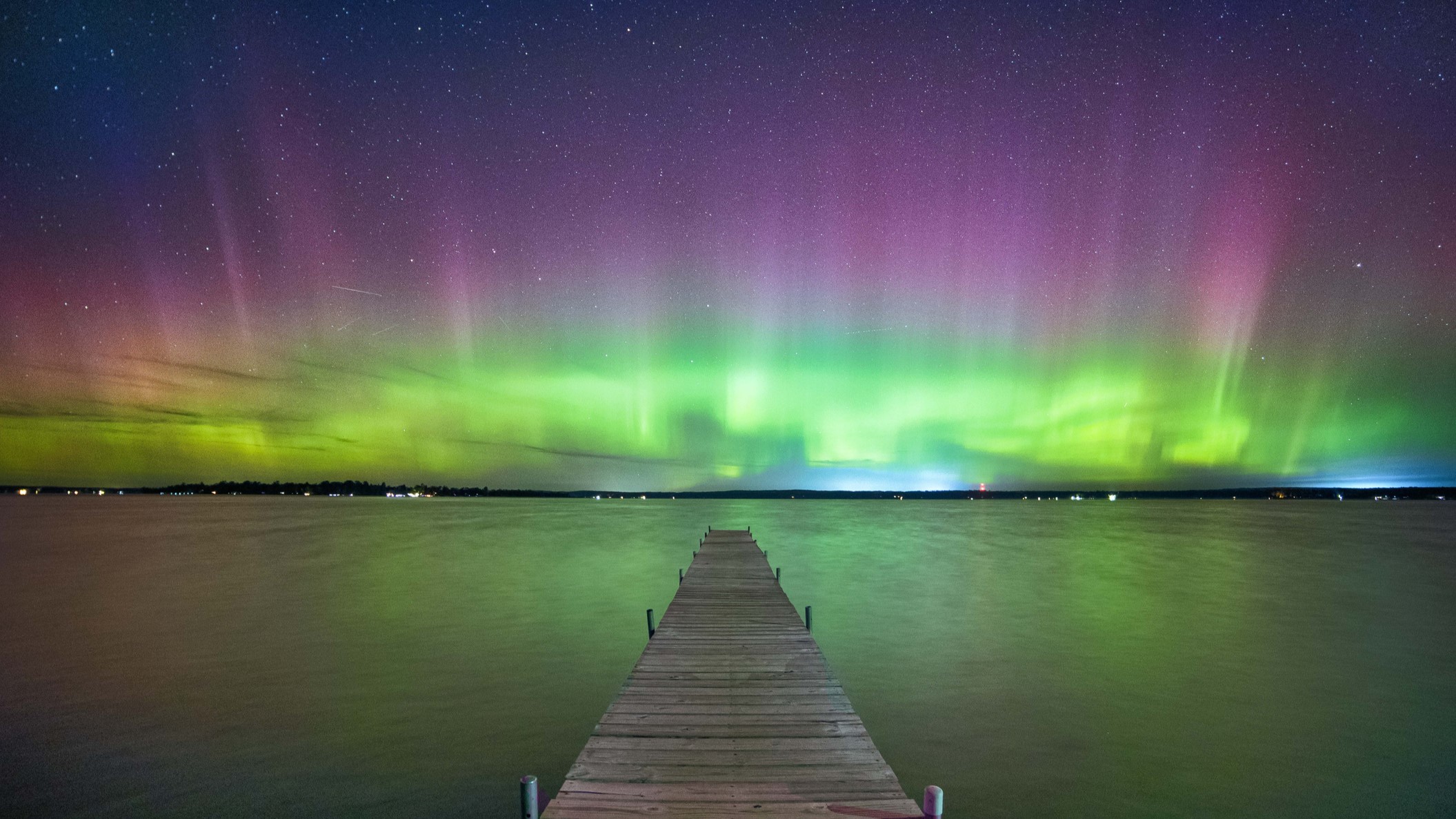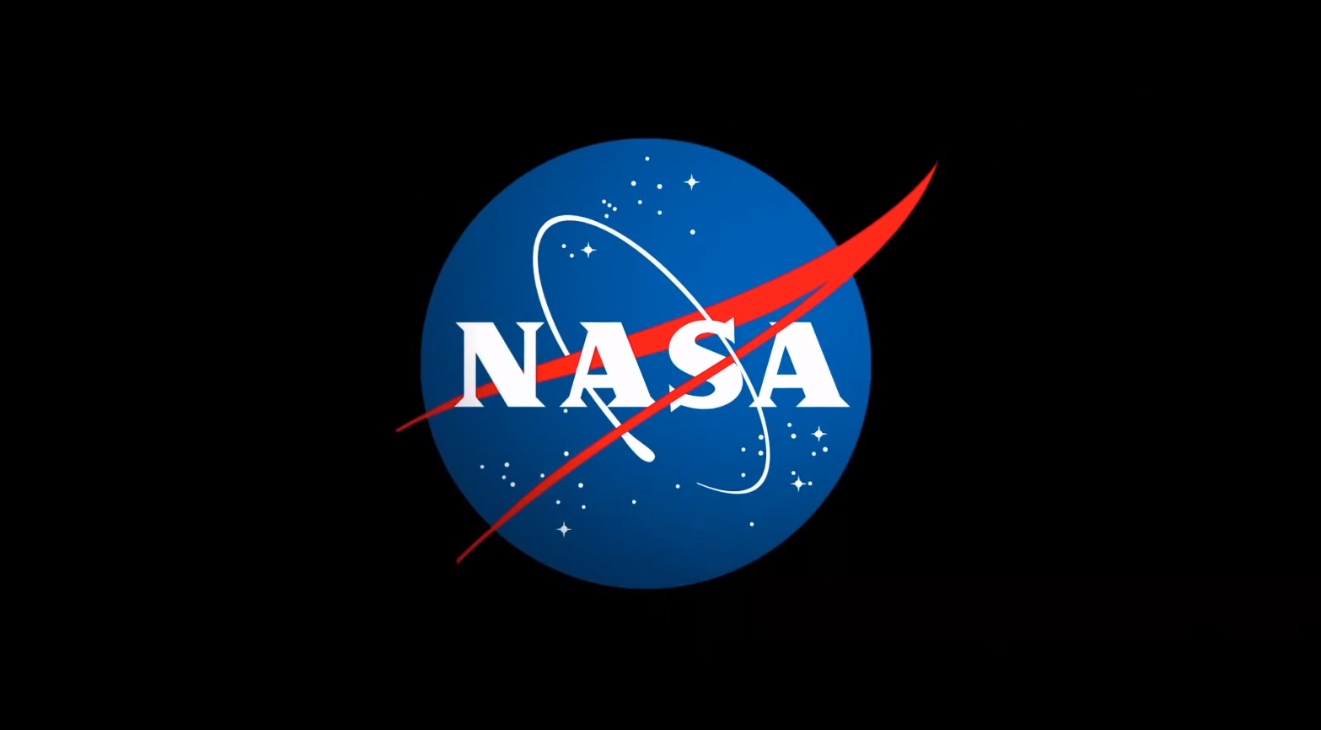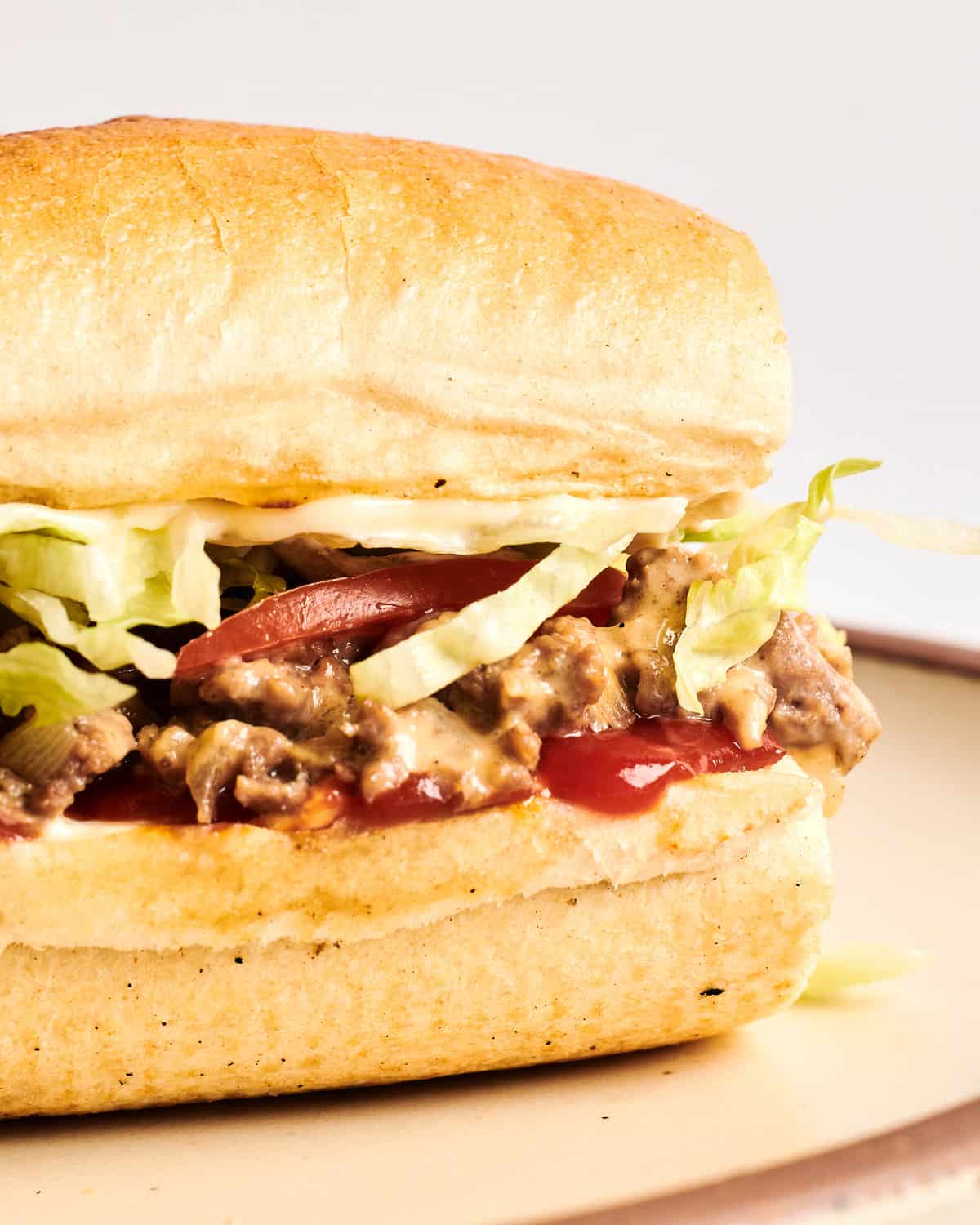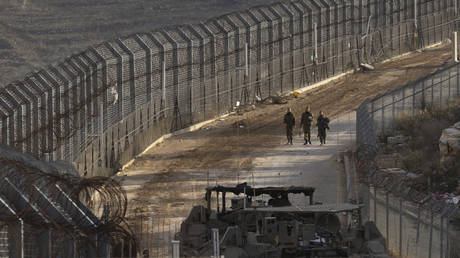The deeply American roots of Trump’s imperial ambitions
Back in 2016, when much of the political press was casting Donald Trump as a dovish counterpart to Hillary Clinton, I wrote a story arguing that people were fundamentally misunderstanding the nature of Trump’s approach to foreign policy. Though Trump certainly wasn’t a neoconservative, I argued, he was a different and older kind of nationalist […]


Back in 2016, when much of the political press was casting Donald Trump as a dovish counterpart to Hillary Clinton, I wrote a story arguing that people were fundamentally misunderstanding the nature of Trump’s approach to foreign policy. Though Trump certainly wasn’t a neoconservative, I argued, he was a different and older kind of nationalist hawk — “an ardent militarist who has been proposing actual colonial wars of conquest for years.”
Trump’s actual policy while in office bore this prediction out. And as he prepares for a second term, Trump is elevating his aggressive impulses to new heights. In the weeks prior to inauguration, he and his team have suggested:
- Using “economic force” to pressure Canada into becoming the 51st state.
- Levying tariffs on Danish goods designed to force Denmark to sell Greenland to the United States.
- Using the US military to retake control of the Panama Canal and seize Greenland.
- Issuing an executive order that would permit sending American troops into Mexico to fight drug cartels.
These ideas vary in plausibility. There is no chance that Canada will become part of the United States, but it’s possible that Trump tries to bully Canada (or Denmark, or Panama) with economically destructive tariffs. And while a Trump war in Mexico may sound outlandish, he’s been talking about it seriously for years. Much of his party is already on board.
But the question I’m interested in now is less what’s going to happen, which is ultimately unknowable, than why Trump seems so fascinated by the idea of American expansion. What does it tell us about the once-and-future president, and the instincts he’ll be bringing to bear on the world when he returns to power on January 20?
The answer is simple: Trump is an old-school American imperialist.
Trump has arrived at his imperialism for his own idiosyncratic reasons. But his approach is eerily consistent with a long tradition of American nationalist imperialism, one that has historically been fairly influential in shaping US foreign policy. It’s often confused with isolationism, because it’s hostile to cross-oceanic alliances, but is in fact quite willing to use force to get its way — especially in the Americas.
Trump’s imperialist foreign policy is, certainly, a break with the modern Republican Party’s neoconservatism. But there are older American traditions, many of which can be meaningfully described as right-wing, into which it fits like a glove.
Trump’s Jacksonian imperialism
There’s always a temptation to overanalyze Trump — to depict him as acting out of some deep-seated ideological impulse when, in fact, there’s no evidence he’s thought things out that much. Trump doesn’t read history books or care about conservative philosophies; he acts on the basis of a collection of impulses.
So when I say Trump is an “imperialist,” I do not mean that Trump subscribes to something like the mission civilisatrice that shaped European colonialism in Africa and the Americas. Rather, I am saying that he has a series of instinctively held beliefs that incline him to think like an old school imperialist: proposing the use of coercive political power to seize formal control over territories and resources currently controlled by others.
Trump, at heart, remains a real estate developer who believes that owning more physical things is better. He constantly talks about “winning,” which for Trump seems to mean being seen as the greatest and best by everyone. Trump believes that deals are zero-sum: There’s always a winner and a loser. And Trump also seems to believe, at least judging by his behavior, that rules are for suckers and little people.
These impulses help explain why Trump’s skepticism about American alliances does not extend to a skepticism about involvement in foreign affairs entirely. They also help explain why he’s dubious about the benefits of trading with foreign nations but positively giddy about seizing control over their territory.
But while Trump’s own approach to foreign affairs may not be ideological in the traditional sense, it fits into a 200-year-old tendency in American foreign policy thinking — what scholar Walter Russell Mead calls the “Jacksonian” tradition, after President Andrew Jackson.
Jacksonians, on Mead’s terminology, do not share the liberal or neoconservative belief that America has a special obligation to make the world a better place. But neither are they isolationists who aim to keep the United States out of conflict at all costs. Rather, they are animated in large part by a sense of national pride — a deep, instinctive belief that America is a great country that is due respect and entitled to secure itself in whatever manner it deems necessary.
Jacksonians are hostile to international agreements and multilateral organizations, seeing them as restraints on America’s freedom of action. In war, Jacksonians believe Americans should pursue victory relentlessly, without much regard for the cost in civilian lives.
And when it comes to territory, Jacksonians believe that the United States has every right to dominate the American continent — to expand its borders as a demonstration of American greatness.
If you visit the National Museum of the American Indian in Washington, there is an exhibit on treaties that draws a sharp break between the pre- and post-Jackson eras. Prior to Jackson, the American government had a reasonable (albeit hardly perfect) record of bargaining with Native tribes in good faith. Under Jackson, however, the US government shifted toward a more outright colonial policy — primarily to displace tribes and seize their land for American settlers. To this end, Jackson pushed for and signed the Indian Removal Act of 1830: a bill that would begin the ethnic cleansing of Southern tribes we now call the Trail of Tears.
Jacksonian expansionism outlasted Andrew Jackson. It played a major role in sparking the Mexican-American War in 1846. It animated the desire, around the same time, to claim part of what’s now part of British Columbia (including the land on which the city of Vancouver now sits). It pushed America to annex Hawaii in 1898, and seize control over many of Spain’s colonial possessions during the Spanish-American War.
Overt expansionism gradually fell out of favor for a variety of reasons. But one of the most important was the immediate legacy of World War II — and, specifically, the Truman administration’s effort to build a postwar order around the principle of national sovereignty. With America positioning itself as the champion of a new rules-based international order, and our greatest national enemies the territorially acquisitive Nazi and subsequently Soviet empires, expansionism became a tougher sell politically and ideologically.
Yet the desire did not go away. In the 1970s, a man named L. Craig Schoonmaker — who claims, oddly enough, to have coined the term “gay pride” — founded an obscure political party dedicated to the American annexation of Canada.
In 1990, Pat Buchanan — a Republican strategist and politician often seen as a Trump precursor — wrote a column celebrating Schoonmaker’s vision. But Buchanan went even further, proposing the annexation of Canada and Greenland in order to ensure that “the 21st century then could not but be the Second American Century.”
In this, Buchanan was not alone. The Nation’s Jeet Heer notes that others like him, such as the white nationalist writer Peter Brimelow, had dreamed of a renewed 21st-century American expansionism. It’s just that these Jacksonian expansionists were marginal in the post-Reagan GOP, dominated as it was by neoconservatives who believed that American energy was better spent fighting tyrants and Islamists.
Yet Jacksonianism, Mead perceptively noted, is more of an attitude than an ideology. It lives less in books and magazines than in some implicitly held folk beliefs among the American public about honor and national pride. Such impulses do not die when they fall out of favor among the chattering classes; they simply become dormant, waiting for someone or something to resuscitate them.
Trump, who hung a portrait of Jackson in the Oval Office during his first term, has been that force. In talking of expansionism, he is pushing an open door — not just because he controls the Republican Party, but because the idea of a greater America is so consistent with the impulses that animate the MAGA movement. Hence why you have the Republican House Foreign Affairs Committee endorsing Trump’s expansionism in unambiguously Jacksonian terms:
To be clear: Trump isn’t going to take over Canada. Greenland annexation would only happen if the stars aligned perfectly, and certainly not by military force. American warships will not be seizing the Panama Canal.
But the idea that America has a right to exert its will on the continent has deep roots both in Trump’s psyche and the broader American ethos. Even if outright annexationism seems unlikely, lesser manifestations of the same impulse to demonstrate American greatness by ruthlessly pushing our neighbors are eminently possible.
It’s not crazy to imagine Trump taking steps like tariffs designed to coerce neighbors into making gestures of submission, even if they’ll never go as far as actually waving an American flag over Ottawa. And it’s trivially easy — scarily easy, in fact — to see how the Jacksonian resurgence could lead to American troops waging war on Mexican soil for the first time in over 100 years.
What's Your Reaction?









